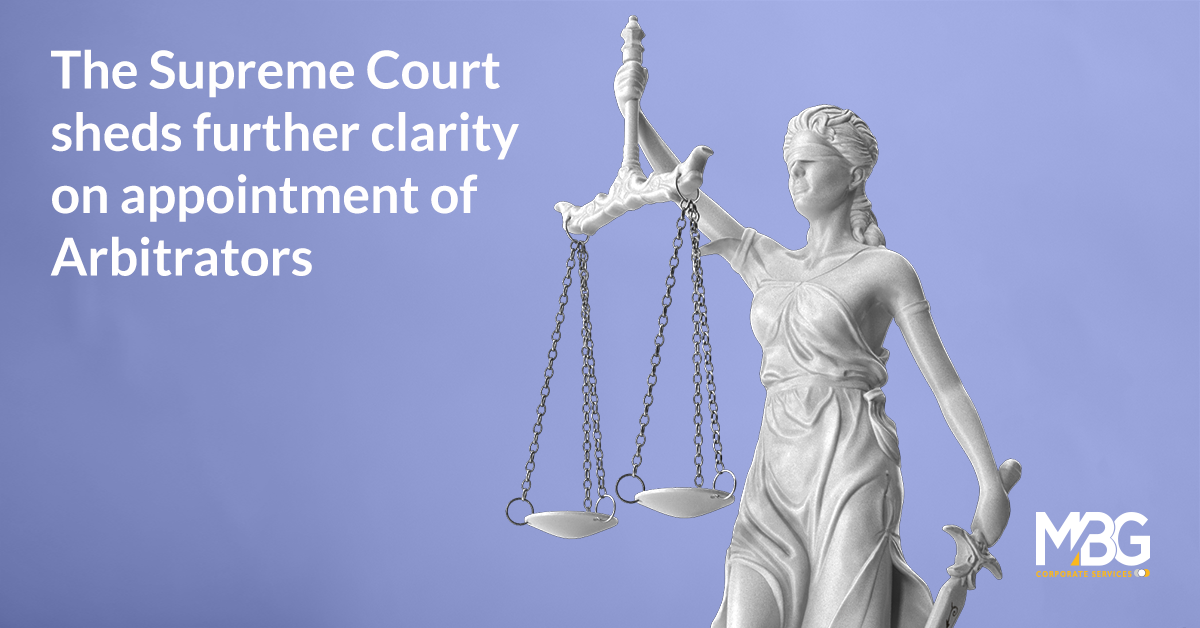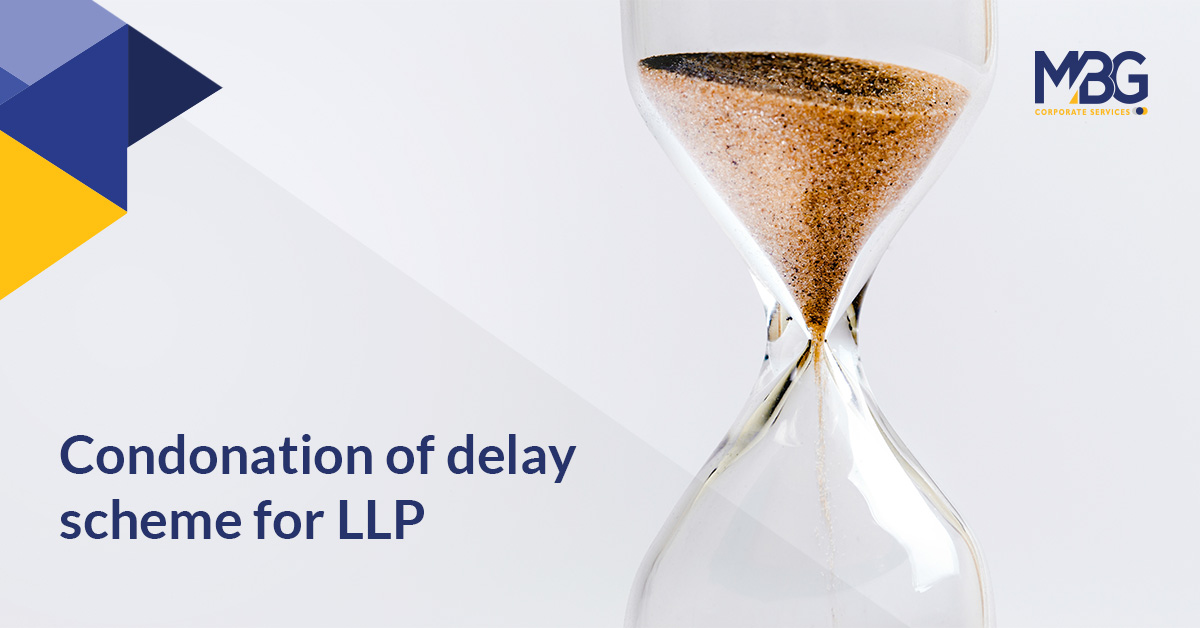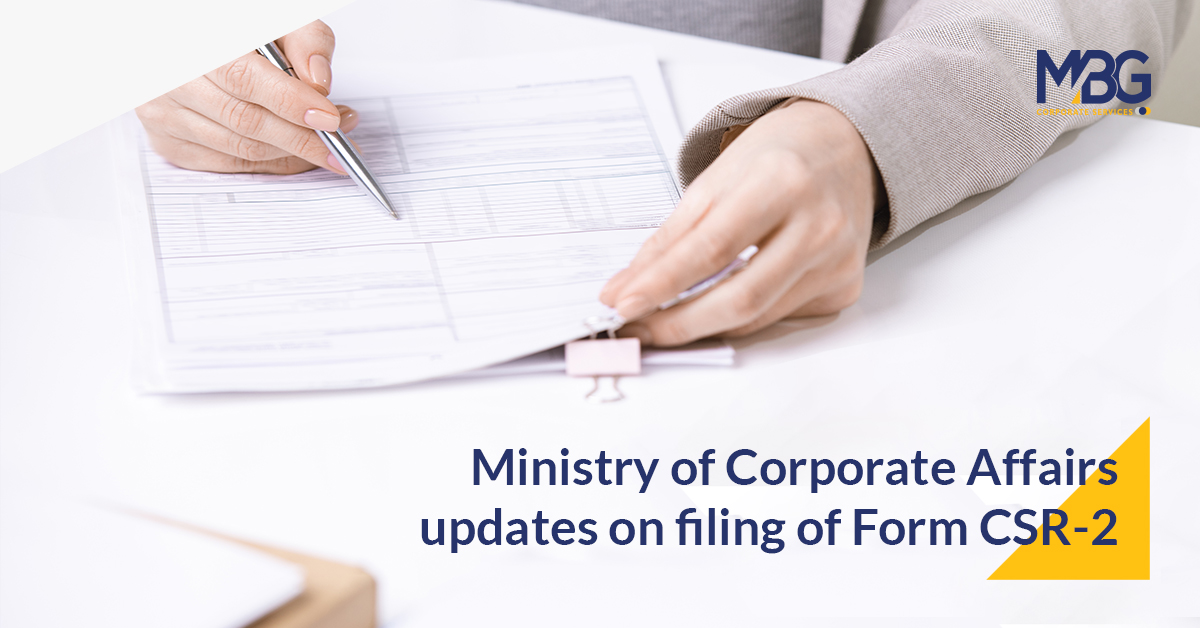Can the High Courts go into the merits of a case while considering an application for the appointment of Arbitrators?
March 28, 2023

In a recent landmark judgment of the Honourable Supreme Court of India, a bench consisting of Justice B.R. Gavai and Justice B.V. Nagarathna shed light upon the extent of the power of High Courts when considering an application filed by a party for the appointment of arbitrators under Section 11(6) of the Arbitration and Conciliation Act, 1996 (the “Act”). The Honourable Supreme Court of India vide its judgment dated 23.11.2022 was pleased to set aside an order dated 12.02.2021 passed by the Hon’ble High Court for the State of Telangana in Hyderabad in Arbitration Application No. 55 of 2020, whereby the Hon’ble High Court had dismissed the application by finding implied/deemed novation of the contract between parties while considering the application under Section 11 of the Act.
PARTIES TO THE CASE:
- AppellantM/s. Meenakshi Solar Power Pvt. Ltd. – is engaged in the business of producing power through thermal/solar/hydro power plants.
- Respondent No. 1 M/s. Abhyudaya Green Economic Zones Pvt. Ltd. - the owner of the 4.128 MW Solar PV Power Project located on 20 acres at Kummera Village, Chevella Mandal, Ranga Reddy District, Telangana.
- Respondent Nos. 2 and 3: Promoters and 100% shareholders of Respondent No. 1 Company.
- Respondent No. 4: M/s. Meenakshi Power Pvt. Ltd.- An affiliate of the appellant herein and a proforma respondent in the present matter.
FACTS OF THE CASE:
- Respondent No. 1 generates power and has a twenty (20) year Power Purchase Agreement with the Telangana State Southern Power Distribution Company Limited. The said project was partly financed by Corporation Bank, and partly by M/s. IFCI Venture Capital Funds Limited (“IFCI”).
- Since Respondent No. 1 was unable to service the debt, Respondent Nos. 1 to 3 decided to sell the said power project. The Appellant showed interest and hence, a Share Purchase Agreement dated 24.09.2018 was entered into between the Appellant and Respondent Nos. 1 to 3, wherein Respondent Nos. 2 and 3 agreed to sell 100% ownership of Respondent No. 1 Company for INR 29 Crores.
- Subsequently, a Tripartite Agreement dated 03.04.2019 was entered into by the Appellant through its affiliate i.e., Respondent No. 4 with respondent Nos. 2 and IFCI Venture Capital, recording the execution of the Share Purchase Agreement dated 24.09.2018 and payment of INR 50 lakhs (Rupees Fifty Lakhs) to respondent Nos. 2 and 3 in terms of the Share Purchase Agreement.
- An addendum to the Share Purchase Agreement was signed on 10.04.2019 between Respondent Nos. 1 to 3 and Respondent No. 4 wherein the latter agreed to remit an amount of INR 1.65 Crores to respondent Nos. 1 to 3 to regularize the loan with the Corporation Bank and facilitate the transfer of the project company.
- Disputes arose between the parties and the Appellant filed an application before the Commercial Court, City Civil Court, Hyderabad (COP No. 27 of 2020) under Section 9 of the Act of 1996, seeking to restrain the Respondents from alienating their shares in the Company. The Commercial Court was pleased to grant an ad-interim injunction restraining the Respondents from alienating their shares vide order dated 19.06.2020.
- The appellant herein sent a letter dated 22.06.2020 invoking the arbitration clause as a means of dispute resolution in terms of the Share Purchase Agreement and requested respondents Nos. 1 to 3 to appoint their nominee arbitrator to adjudicate upon the dispute. On receiving no response, the Appellant herein filed an application under Section 11(6) of the Act, which was dismissed vide impugned Judgment and order dated 12.02.2021 by the High Court.
- Aggrieved by the said Judgment and order dated 12.02.2021, the Appellant approached the Hon’ble Supreme Court of India.
ISSUES CONSIDERED:
- Whether the judgment and order of the High Court calls for any interference or modification by this Court
CONTENTIONS OF THE APPELLANT:
- The High Court erred in giving a finding of implied/deemed novation while adjudicating on an application under Section 11 of the Act and failed to comprehend the nature of limited judicial intervention under the said provision.
- The High Court has essentially performed the function of an Arbitral Tribunal before whom novation ought to have been pleaded and proved as a preliminary issue.
- The High Court has failed to examine the ingredients for novation and has given an erroneous finding in that regard by superficially dealing with the said issue.
CONTENTIONS OF THE RESPONDENTS:
- The Appellant herein failed to make the complete payment for the purchase of shares from Respondent Nos. 2 and 3 and to fulfill its obligation before the expiry of the Share Purchase Agreement i.e., as on 10.11.2018, when the Share Purchase Agreement lapsed and stood terminated.
- The Addendum makes no mention of the compliance with any term of the Share Purchase Agreement dated 24.09.2018 and rightly so, since the Tripartite Agreement executed on 03.04.2019 had novated the same.
- The Share Purchase Agreement and Tripartite Agreement are two distinct and independent agreements executed between entirely different parties with different terms and conditions. However, the subject matter, i.e., the sale consideration and the number of shares being transferred are the same in both the agreements. The Tripartite Agreement has superseded the Share Purchase Agreement.
- The High Court has rightly comprehended that the intention behind the two agreements and the contention of the Appellant that the Tripartite Agreement was a recovery mechanism is untrue and thus, unsustainable.
- >The Hon’ble Supreme Court was of the opinion that the court at the referral stage can interfere only when it is manifest that the claims are ex-facie time-barred and dead, or there is no subsisting dispute. In the context of the limitation period, it should be referred to the Arbitral Tribunal for a decision on the merits. The position would be similar in case of a disputed “no-claim certificate” or defense on the plea of novation and “accord and satisfaction”.
- Issues relating to contract formation, existence, validity, and non-arbitrability would be connected and intertwined with the issues underlying the merits of the respective disputes/claims. They would be factual and disputed and for the Arbitral Tribunal to decide.
Last updated: 28/03/2023
Article contributed by:
Nishant Shankar
Senior Associate - Legal









